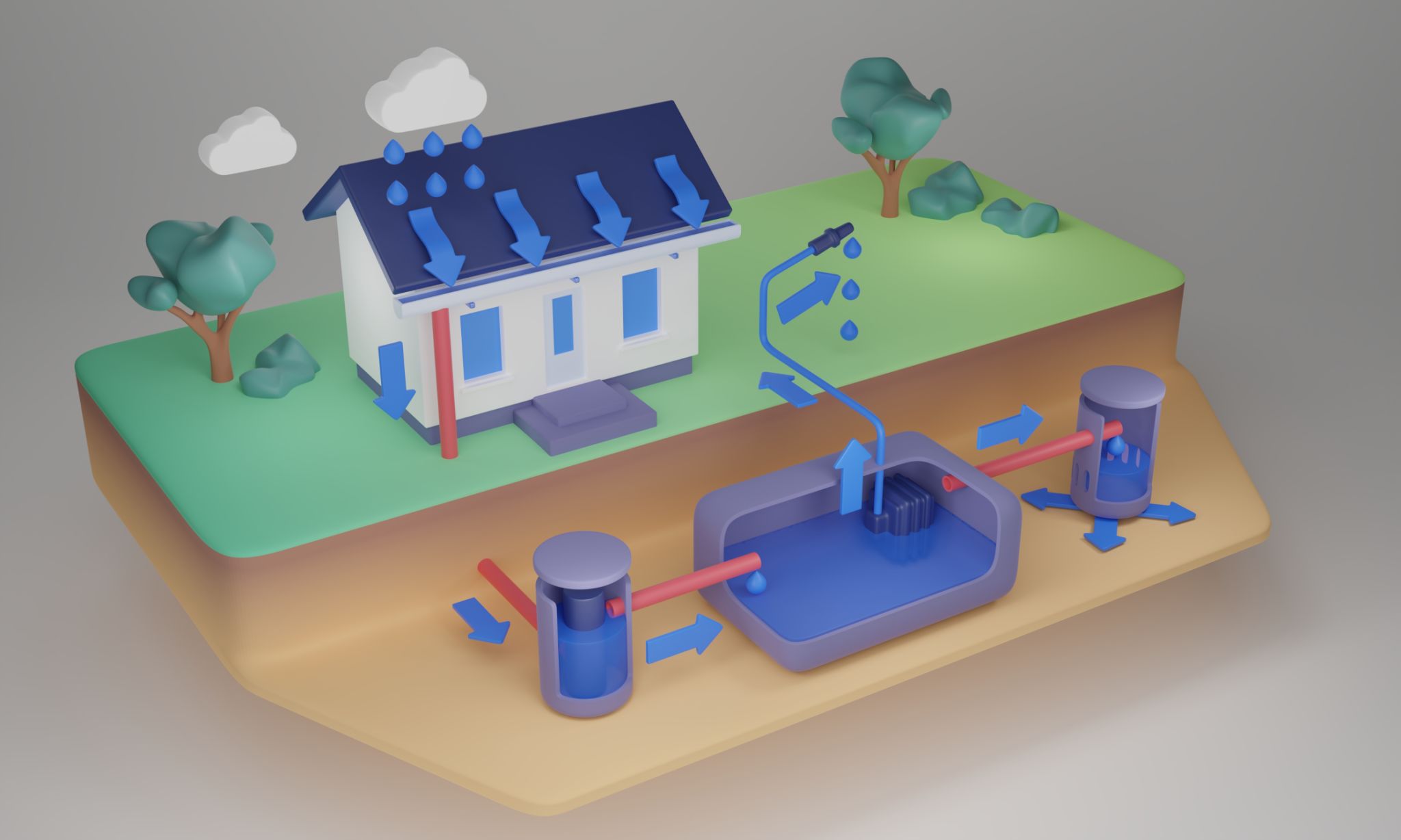The Impact of Michigan's Climate on Sustainable Landscaping
Understanding Michigan's Climate
Michigan's climate is characterized by its unique position between the Great Lakes, creating distinct seasonal changes. This results in cold, snowy winters and warm, humid summers. Such a climate poses both challenges and opportunities for sustainable landscaping, necessitating careful planning and adaptation.
The state's diverse climate zones range from the Upper Peninsula's cooler temperatures to the milder climates in the south. This diversity requires tailored landscaping solutions to ensure sustainability and resilience.

Adapting to Seasonal Changes
The key to successful sustainable landscaping in Michigan lies in adapting to its seasonal fluctuations. During the harsh winters, plants need protection from freezing temperatures and snow. Utilizing native plants that are accustomed to these conditions can greatly enhance survival rates.
In the summer, water conservation becomes crucial. Implementing rain gardens and using drought-resistant plants can help manage water usage effectively. These strategies not only conserve resources but also support local ecosystems.

Native Plants: A Sustainable Choice
Native plants are an essential component of sustainable landscaping in Michigan. They are naturally adapted to the local climate, requiring less water and maintenance. Some popular native plants include:
- Eastern Redbud
- Black-eyed Susan
- Wild Bergamot
Integrating these plants into your landscape can reduce the need for chemical fertilizers and pesticides, promoting healthier soil and biodiversity.
Soil Health and Sustainability
Maintaining soil health is crucial for sustainable landscaping. Michigan's varied soil types, from sandy loam to clay, require different management practices. Enhancing soil health through composting and organic mulches can improve plant resilience and growth.

Testing soil regularly helps in understanding its nutrient content and structure, allowing for better-informed decisions about plant selection and fertilization strategies. This proactive approach ensures a thriving and sustainable garden.
Water Management Techniques
Efficient water management is a cornerstone of sustainable landscaping. Techniques such as drip irrigation and rainwater harvesting can significantly reduce water waste. These methods ensure that plants receive the necessary hydration without overconsumption.
Incorporating permeable pavements and green roofs can also aid in managing stormwater, reducing runoff, and mitigating flooding risks. These solutions are increasingly important as climate change impacts weather patterns.

The Role of Community and Education
Community involvement and education are vital in promoting sustainable landscaping practices across Michigan. Workshops, local gardening clubs, and online resources can provide valuable information and support for homeowners and landscapers alike.
By sharing knowledge and resources, communities can work together to create landscapes that are not only beautiful but also environmentally responsible and resilient.